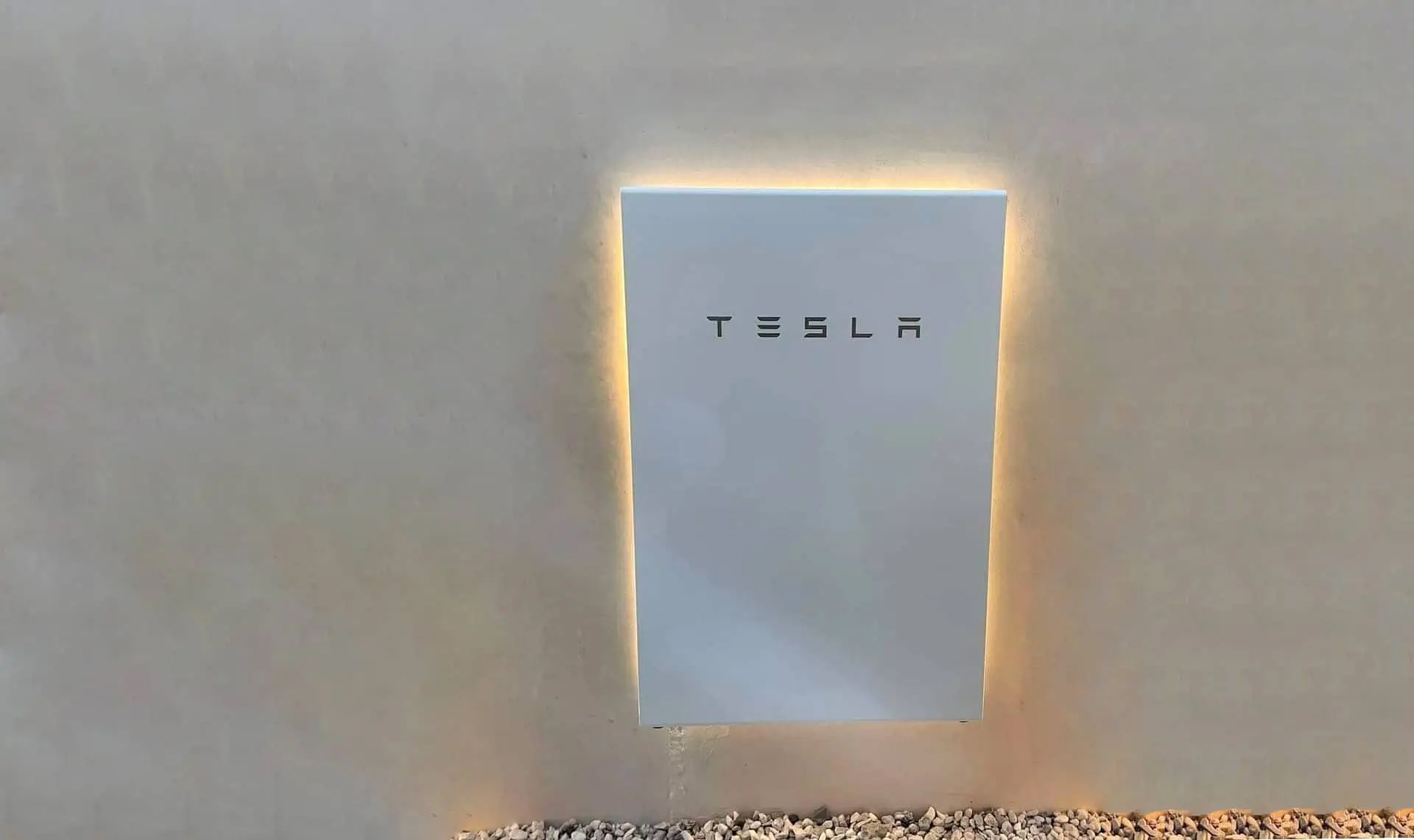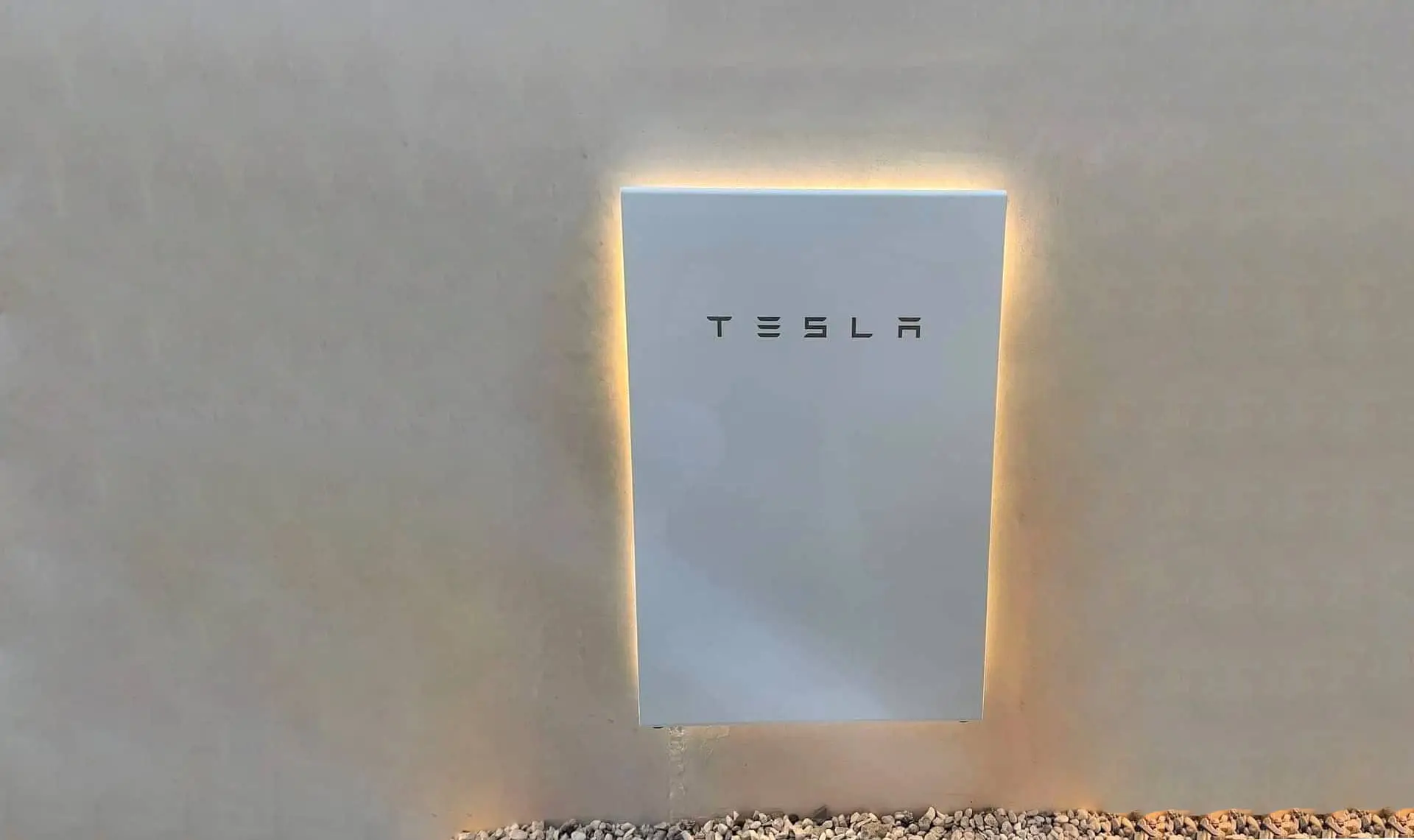In recent years, there has been a growing emphasis on sustainable business practices, with many organisations recognising the importance of reducing their carbon footprint and embracing renewable energy solutions.
One such solution is solar power, which offers not only environmental benefits but also financial advantages for businesses. In this article, we will explore the concept of claiming an instant asset write-off on solar installations for businesses, highlighting the potential cost savings and explaining the eligibility criteria.
Understanding Instant Asset Write-Off
The instant asset write-off is a tax incentive provided by the government that allows businesses to immediately deduct the cost of eligible assets, including solar installations, from their taxable income. This means that instead of depreciating the asset over several years, businesses can claim the full deduction in the same financial year as the purchase, providing an immediate financial benefit.
Eligibility For Instant Asset Write-Off
To be eligible for the instant asset write-off, businesses must meet certain criteria. As of the time of writing, it is essential to note that the eligibility criteria may vary, so it is advisable to consult with a tax professional or refer to the official guidelines provided by the relevant tax authority. However, we can discuss some general guidelines based on previous policies:
- Business Turnover Threshold: The instant asset write-off is typically available to businesses with an aggregated annual turnover below $10 million, this will allow your business to receive up to $150K.
- Asset Value Threshold: Governments may impose a limit on the value of assets that can be claimed under the instant asset write-off scheme. This threshold may vary, so it is important to check the relevant guidelines to ensure compliance.
- Date of Purchase and Installation: In most cases, the asset must be purchased and installed within a specified timeframe to be eligible for the instant asset write-off. It is vital to understand these dates and ensure that your solar installation aligns with the specified timeline.
- Business Use Requirement: The instant asset write-off generally applies to assets that are used primarily for business purposes. In the case of solar installations, the system must be installed for business use, such as powering commercial premises or operations.
It is crucial to note that eligibility criteria and thresholds can change, so it is recommended to refer to the official guidelines provided by the ATO or seek advice from a tax professional to ensure compliance with the latest requirements specific to your state.
Benefits of Claiming Instant Asset Write-Off on Solar
Claiming the instant asset write-off on solar installations for your business offers several benefits. Let’s explore them:
- Accelerated Deduction: By claiming the instant asset write-off on solar installations, businesses can accelerate the depreciation process and receive a substantial tax benefit upfront. This immediate deduction can help offset the initial cost of the solar system, improving cash flow and reducing the payback period.
- Cost Savings: Solar power offers significant cost savings through reduced electricity bills. By generating clean energy on-site, businesses can decrease their reliance on the grid and mitigate the impact of rising electricity prices. The combination of instant asset write-off and ongoing savings can lead to a considerable return on investment in the long run.
- Energy Cost Stability: Rising electricity prices can be a significant concern for businesses. By investing in solar and taking advantage of the instant asset write-off, you can hedge against future price hikes. As solar systems typically have a long lifespan, you can lock in lower energy costs for the foreseeable future, providing greater predictability and stability in your business operations.
- Environmental Stewardship: Embracing solar power is not only financially rewarding but also demonstrates a commitment to sustainability. Businesses that invest in renewable energy sources like solar contribute to the reduction of greenhouse gas emissions, helping combat climate change and enhancing their environmental reputation.
- Competitive Advantage: In today’s market, consumers increasingly prioritise businesses that demonstrate sustainability initiatives. By investing in solar and claiming the instant asset write-off, you gain a competitive edge. This can attract environmentally conscious customers, foster brand loyalty, and differentiate your business from competitors who haven’t adopted renewable energy solutions.
- Government Incentives: In addition to the instant asset write-off, governments often offer other incentives to promote solar adoption. These may include grants, rebates, or feed-in tariffs, further reducing the cost of installing solar systems. By leveraging these incentives, you can maximise your financial benefits and achieve a quicker payback period.
Work With Professionals
Claiming an instant asset write-off on solar installations can be a game-changer for businesses looking to reduce their carbon footprint while maximising financial benefits. By understanding the eligibility criteria and taking advantage of this tax incentive, organisations can enjoy immediate cost savings, improve cash flow, and demonstrate their commitment to a sustainable future.
As with any tax-related matter, it is always advisable to consult with a qualified tax professional or relevant authority to ensure compliance and make the most informed decisions for your business.
Get in touch with us to find out more about how we can help and get started today.
Get Your FREE Quote Today & Save $$$!
Contact our team today and we'll get back to you as soon as possible to discuss your solar needs!
Get a FREE QuoteRelated Articles.

How Much Are Solar Batteries?

Jackson Wyer

How Our Client Eliminated His Electricity Bill To $0

Jackson Wyer

The Latest Range of Solar Batteries at SnapSolar 2023

Jackson Wyer

